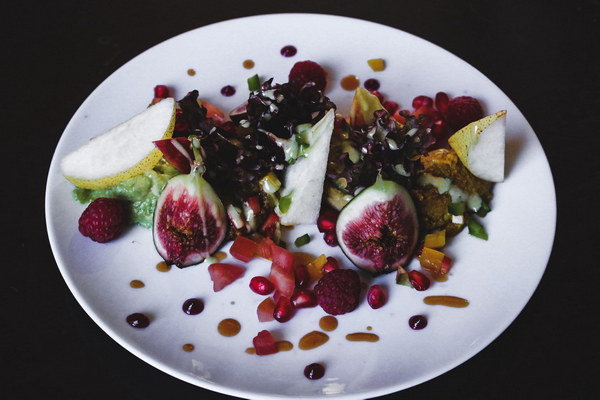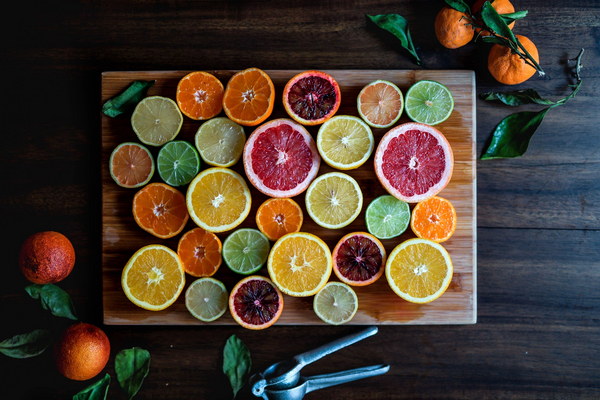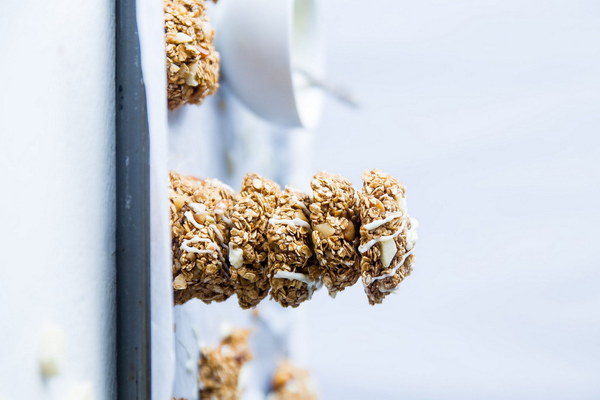Exploring Liver and Stomach Supportive Therapies for Chemotherapy Patients A Comprehensive Guide
Chemotherapy, while an effective treatment for cancer, often comes with a range of side effects. Two of the most common complications are liver and stomach issues. These side effects can significantly impact the quality of life for patients undergoing chemotherapy. To address these concerns, various supportive therapies are available to help protect and nourish the liver and stomach during treatment. This article aims to provide a comprehensive guide to the different types of liver and stomach supportive therapies used in chemotherapy.
1. Proton Pump Inhibitors (PPIs)
Proton pump inhibitors are medications that reduce the production of stomach acid. They are commonly used to prevent stomach ulcers and heartburn in chemotherapy patients. By reducing stomach acid, PPIs can help alleviate symptoms such as nausea, vomiting, and diarrhea, which are often associated with chemotherapy.
2. Liver-Protective Agents
Liver-protective agents are used to mitigate the potential damage to the liver that may occur due to chemotherapy. These agents work by inhibiting the formation of free radicals and reducing oxidative stress. Some of the commonly used liver-protective agents include:
a. S-adenosyl-L-methionine (SAMe): SAMe is a natural compound found in the body that helps maintain liver function. It has been shown to improve liver enzyme levels and reduce inflammation in patients undergoing chemotherapy.
b. Ursodeoxycholic Acid (UDCA): UDCA is a bile acid derivative that has been found to reduce liver inflammation and improve liver function in chemotherapy patients.
c. Curcumin: Curcumin, a compound found in turmeric, has anti-inflammatory and antioxidant properties. It has been studied for its potential to protect the liver from chemotherapy-induced damage.

3. Stomach-Supportive Nutrients
Stomach-supportive nutrients are essential for maintaining a healthy digestive system during chemotherapy. These nutrients help reduce symptoms like nausea, vomiting, and diarrhea. Some of the key stomach-supportive nutrients include:
a. Vitamin B12: Vitamin B12 is crucial for maintaining a healthy digestive system. Deficiency in vitamin B12 can lead to anemia, fatigue, and weakness. Supplementing with vitamin B12 can help alleviate these symptoms.
b. Probiotics: Probiotics are live bacteria that can help restore a healthy balance of gut flora. They are beneficial for reducing symptoms such as bloating, gas, and diarrhea in chemotherapy patients.
c. L-Glutamine: L-glutamine is an amino acid that supports gut health by promoting the growth of beneficial gut bacteria. It can help alleviate symptoms such as nausea, vomiting, and diarrhea in chemotherapy patients.
4. Dietary Adjustments
Dietary adjustments are another important aspect of stomach and liver support during chemotherapy. Some tips for a chemotherapy-friendly diet include:
a. Small, frequent meals: Eating smaller, more frequent meals can help manage nausea and vomiting.
b. Avoid spicy and fatty foods: Spicy and fatty foods can exacerbate stomach discomfort. Opt for bland, easily digestible foods instead.
c. Stay hydrated: Drinking plenty of fluids can help alleviate symptoms such as constipation and diarrhea.
In conclusion, chemotherapy patients can experience a range of side effects, including liver and stomach issues. By utilizing various supportive therapies such as proton pump inhibitors, liver-protective agents, stomach-supportive nutrients, and dietary adjustments, patients can better manage these complications. It is essential for patients to discuss their symptoms and treatment plan with their healthcare provider to ensure they receive the most appropriate supportive care.









